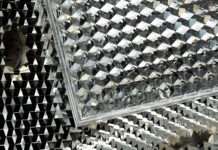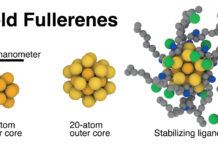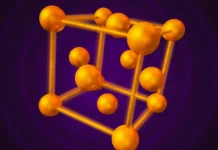 UPM researchers have developed a new surface treatment to reduce metallic biomaterial implant rejection. This will extend the prosthesis life and thus increase the quality of life for patients.
UPM researchers have developed a new surface treatment to reduce metallic biomaterial implant rejection. This will extend the prosthesis life and thus increase the quality of life for patients.
In an article published in Scientific Reports, researchers from Centre for Biomedical Technology at Universidad Politécnica de Madrid (CTB-UPM) have developed a new technology to modify the surfaces of metallic biomaterials in order to improve their interaction with the biological medium.
The procedure, called Activated Vapor Silanization (AVS), consists of coating the material surface with a layer of less than one-thousandth of a millimeter and joining molecules that are naturally found in the body. This will reduce implant rejection, and consequently increase the useful life of prostheses.
As a result of evolution, exposure to any substance that is not essential for survival is considered a threat and leads to an aggressive immune response. This mechanism, vital for survival, has become an obstacle to the development of any therapy that involves direct contact with a material with a human organ or tissue. This situation strongly restricts the number of materials available for medical use. There are consequently only three types of metal used for biomedical implants: stainless steel, cobalt-based alloys, and titanium alloys.
Read more: Enhanced human body response to implants
thumbnail courtesy of phys.org










